How landscape architecture firm Salad Dressing is challenging norms to rewild its projects and bring nature back to the city.
In the 1960s, Singapore’s founding prime minister, Lee Kuan Yew, declared that the global business hub would be a garden city. His vision was fulfilled as tree-lined streets, manicured lawns and flower beds flourished in the tropical heat. Decades later, the urban heat island effect is intensifying the impact of global warming, with Singapore heating twice as fast as the global average. Rewilding is recognized as part of the solution.
In 2020, the Singapore government announced its City in Nature policy, a plan to naturalize reserves, create corridors of green linking natural areas, plant a million trees and encourage citizens to accept wilder landscapes and use them for active recreational activities. Residents are learning to share their urban environment with wildlife such as otters, civet cats, pythons, pangolins, monkeys and hornbills as ecosystems become more complex.
Within this zeitgeist, award-winning landscape architecture firm Salad Dressing have dived deep into the possibilities urban rewilding creates. Here’s what founder Chang Huai-Yan, director Goh Yu Han and Senior Landscape Architect and Head of Horticulture Wong Mee Na have to say about their work thus far.
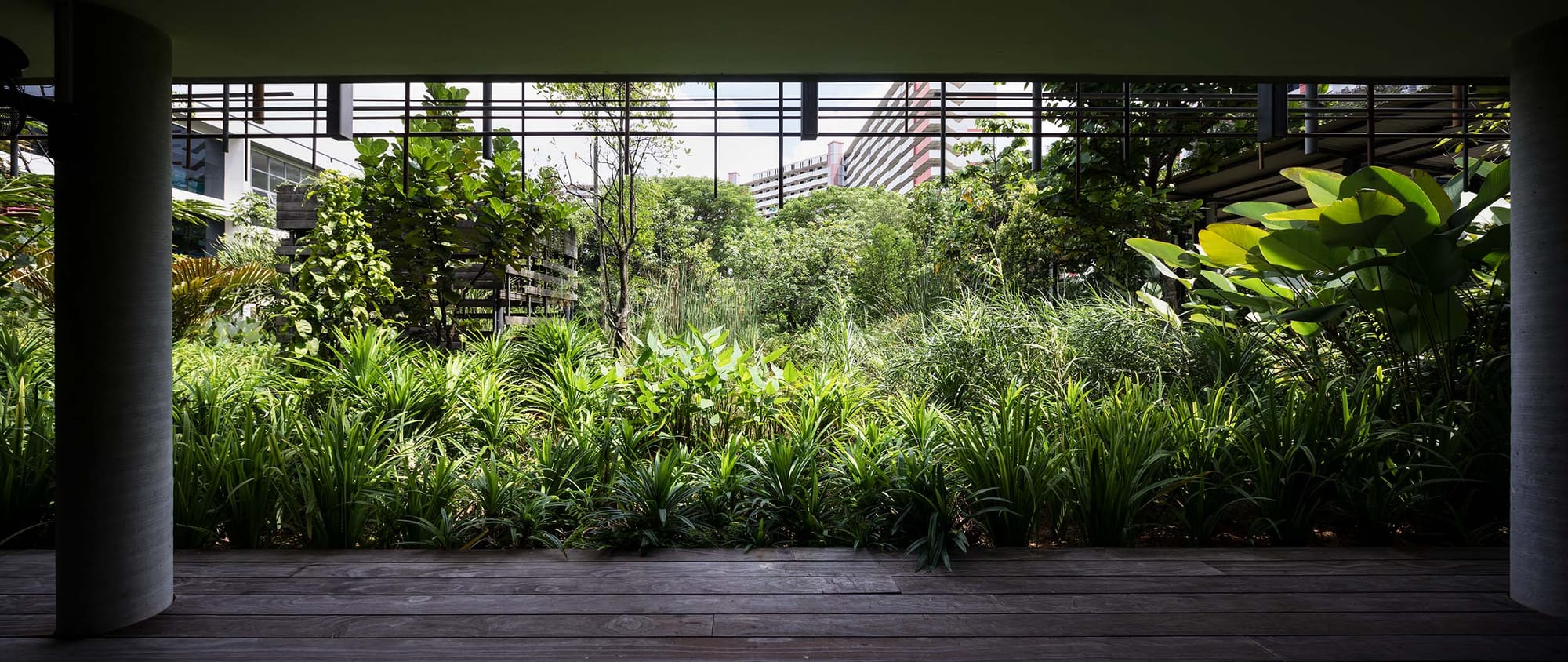
“We are a Singapore-based landscape architecture firm. Our rewilding journey began in 2010 with a resort project in Indonesia. It was in a rainforest and was more about conservation than creating new things, so we started exploring ecology. Before this, we were more about urban landscaping.
The resort project was the first time we had to preserve trees as part of a job. This gave the project a much deeper feeling. The resort realized that people come from the city to recover by being in nature – most of the clientele were from Singapore. At some point we started thinking, why not bring nature back to the city? Instead of just going elsewhere, bring it back. Rewilding at home started to make a lot more sense than having to go to another place.
George Monbiot’s book Feral had a strong influence on us as landscape architects. We are also influenced by Tim Flannery and David George Haskell, particularly The Forest Unseen. We recognized two directions in rewilding – one about ecosystems, and the other about the mind. Singapore’s City in Nature policy meant that the government was doing well at rewilding nature reserves and introducing charismatic animals into the city. We wanted to reach people, so rewilding the mind became important to us – how the interaction between plants, animals and people has a psychological effect which broadens the whole concept beyond an externalized ecology.
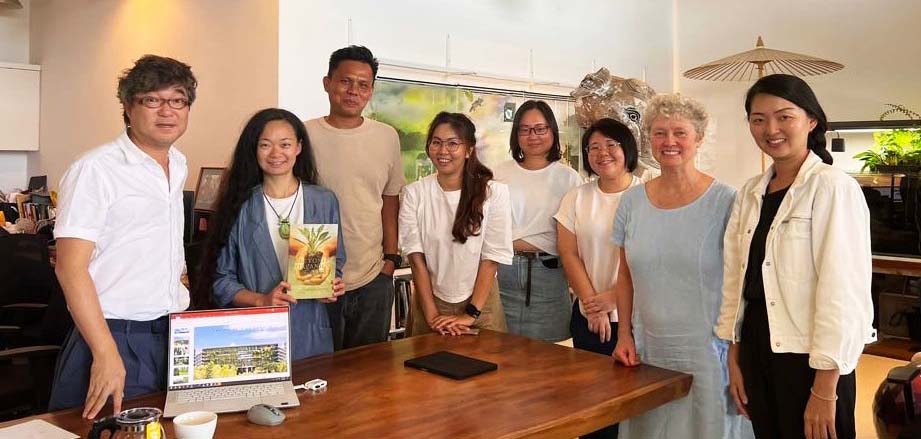
We’ve grown up in an urban world and feel the need to reconnect to the land. Many of us in Salad Dressing are from Malaysia – we have an immigrant background. This creates an aspect of land versus race, of humans versus nature. If your grandfather is from China, then the ancestral connection is with China. But after a generation or two, you want to connect with the land of your birth. If you still identify as an immigrant after three generations, then something is missing – culturally, you only have a fragment left. Experiencing this, we realized that the common ground for all people is nature.
As landscape architects we are dealing with the land. The land is serving us all. When we talk about the land, we are talking about nature, not only plants. It’s about all of us, everything. Even the tiniest things, like fungi, moss and the little things in the ground. On this Earth there are no boundaries. You cannot divide it. Everything must come together. We are facing environmental issues together, and we must deal with it. Introducing the rewilding aspect to our work is relevant to the needs of today. Integrating rewilding into landscape architecture practice is not only rewarding, it’s also fulfilling. Unlike religion, nature doesn’t promise, it rewards.
One project which clearly demonstrates the rewards of rewilding is in the heart of Singapore at a place called the Enabling Village. The property was formerly used for educating taxi drivers, so there was lots of concrete. The whole complex was converted into a facility for people of different abilities.
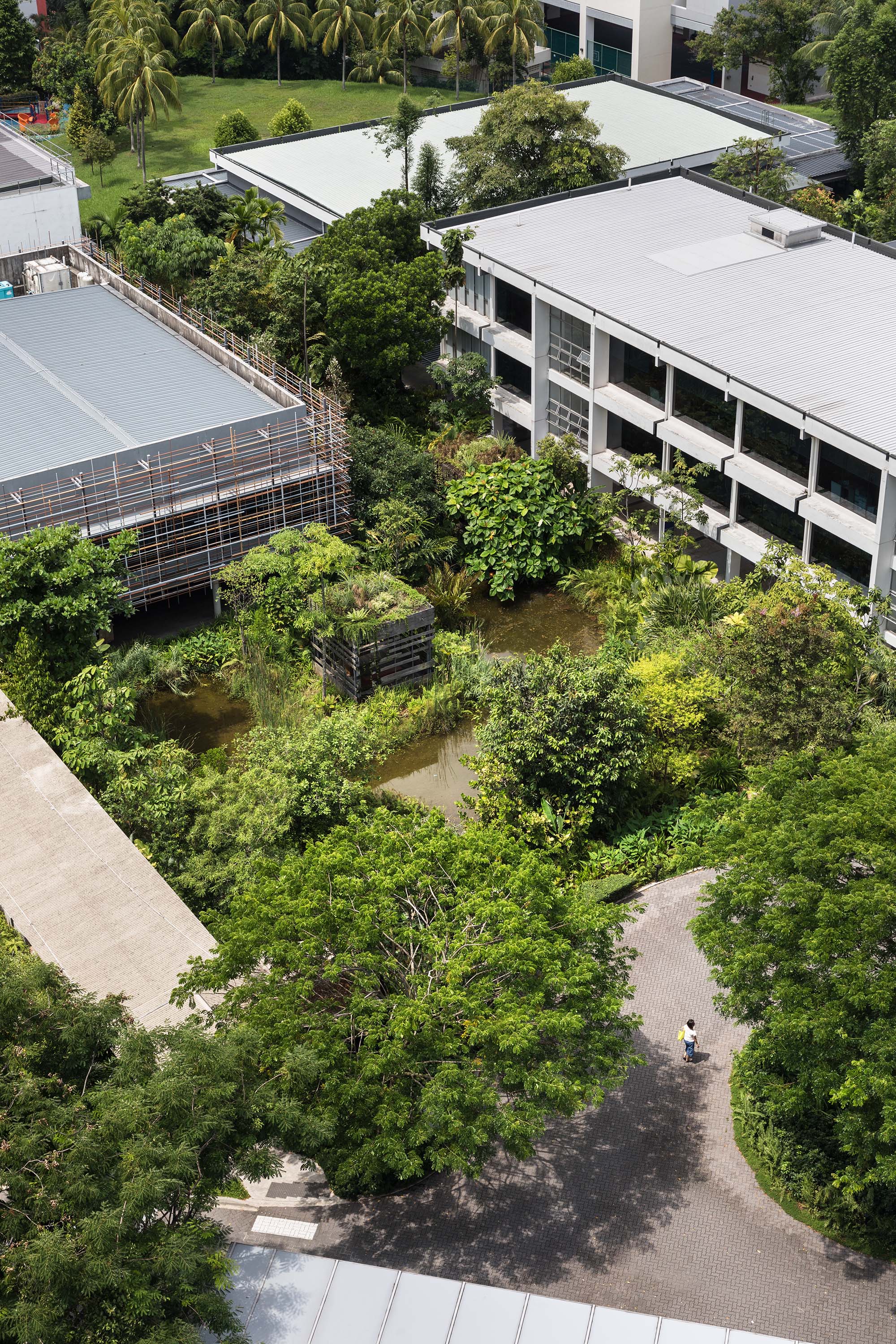
At the outset we discussed working with the senses, making a touch garden or a scented garden. But we realized, no, it’s not about that, it’s about the diversity of nature, it’s about rewilding and accepting. Society can be unforgiving to people who are different. Nature, however, includes all kinds of difference. There is no prejudice in nature. Nature heals. This idea taught us how nature can become the path that is more, that can somehow absorb difference. Rewilding means existence, finding your own existence.
To create interest, biodiversity and a cooling effect, we decided to structure the Enabling Village garden around a naturalistic pond. There was no budget for a filtration system, so we used plants for phytoremediation. Seventy to 80 percent of the plants in and around the pond are native to the area. As the plants mature, natural succession is occurring. It’s becoming more of a wild, forest garden than an ornamental one. There are even hornbills and self-sown indigenous plants. We’ve released native fish into the pond. The forest gardens and water are cooling for the residents. It’s created a relaxing haven within the heat island of Singapore.
At Salad Dressing we are curious about things. We have lots of projects and every morning other people’s schedules demand attention. But we keep the mornings for ourselves, leave it open: perhaps browse our library, see what inspires. It’s about rewilding yourself as well, so we explore this work horizon. Let the puppy find you instead of going to find it. We feel excited about things happening in a spontaneous way, breaking free from the so-called efficiency of the city.
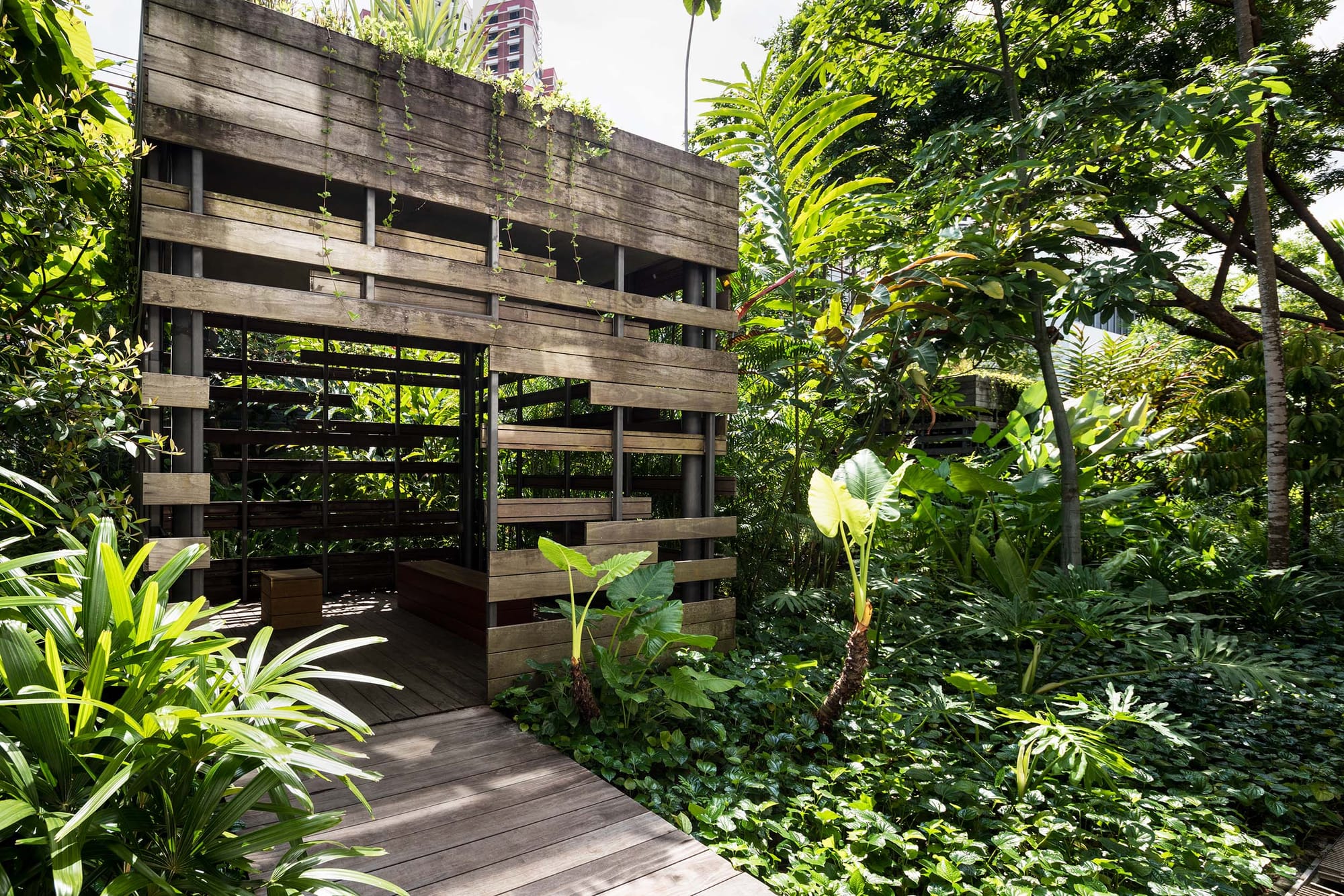
We learn a lot from nature, from humans and from technology. Digital technology is a tool for us to understand nature, to find more relationship. The rewilding journey opens us to other things by showing that we are not the centre of the universe; this creates many possibilities.
Haskell’s book The Forest Unseen inspired us to make square forests. Haskell spent one year experiencing one square metre of a forest. When we talked with developers about planting a forest, they felt unsafe. So out of our frustration we suggested a square forest, maximum nine square metres. This feels safe, it can be controlled – it’s like an object. The square forest can exist in an urban situation, bringing native plants and forest structure into the city. We plant 10 species to the square metre, using forest strata for biodiversity. The owner feels proud to own a forest, and it’s easy to do.
During Covid a lot of things changed. Instead of turning to the digital world for escape, people turned to nature for escape from the digital world! Going for walks, pets and houseplants became important. Following that, there’s reflection – how should we move on from here? How can we lead more integrated lives, connected to possibility through rediscovery of our wild nature? Through rewilding we hope to see people forming relationships with other life forms and ecologies. To us, rewilding is about opening to relationships – this makes us alive.”
Main image: In Singapore’s Enabling Village, skyscrapers look down on a mini jungle instead of concrete. Photo courtesy Salad Dressing.


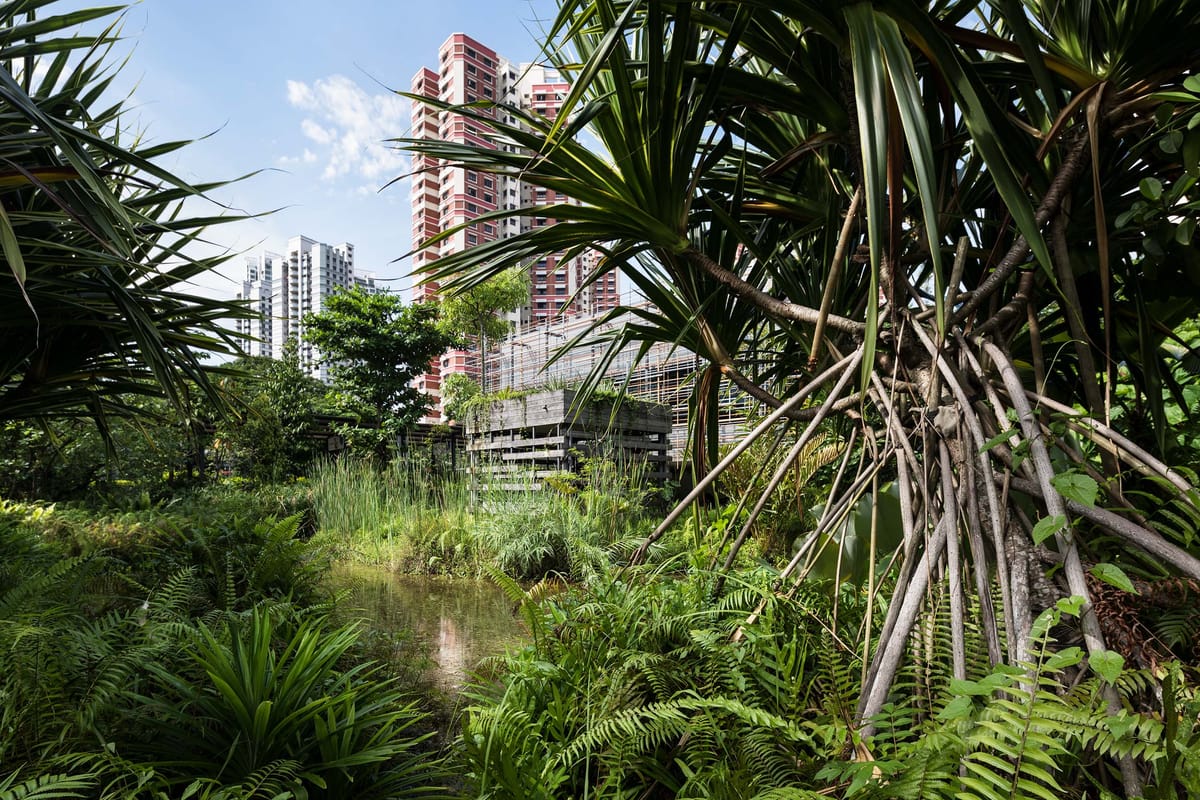


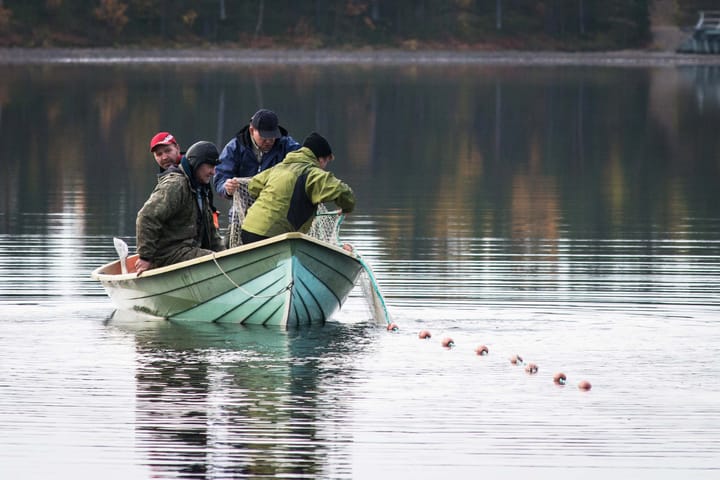
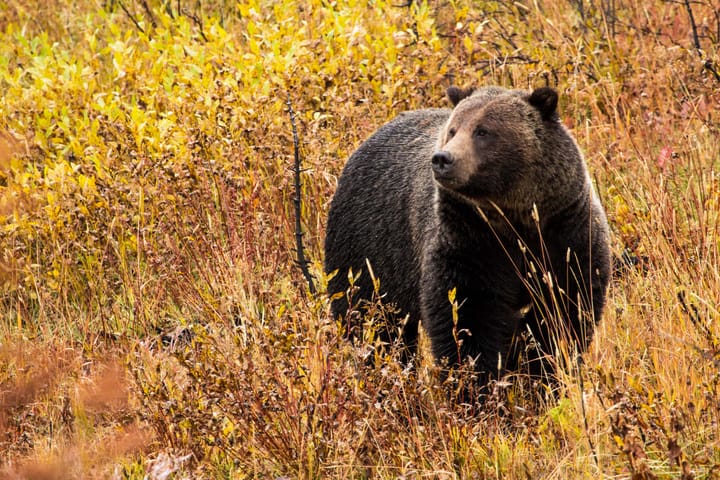

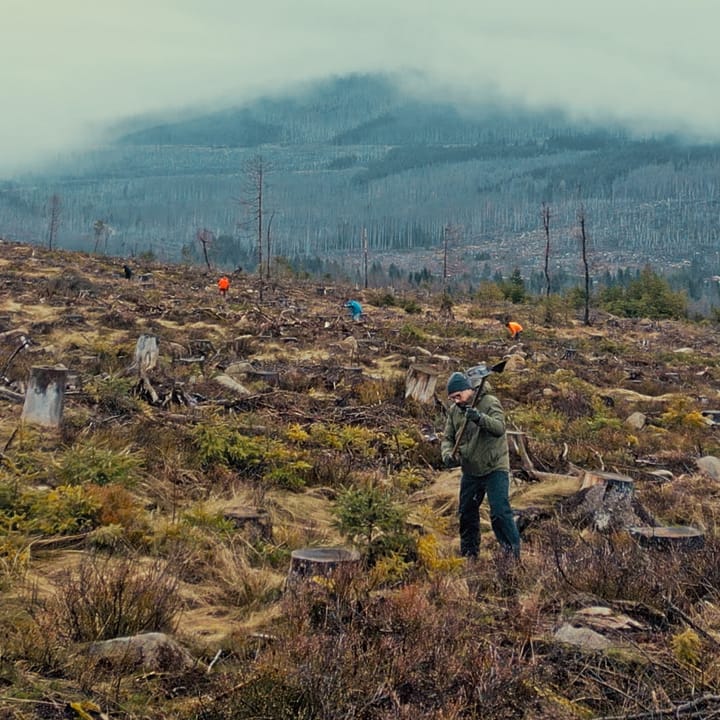

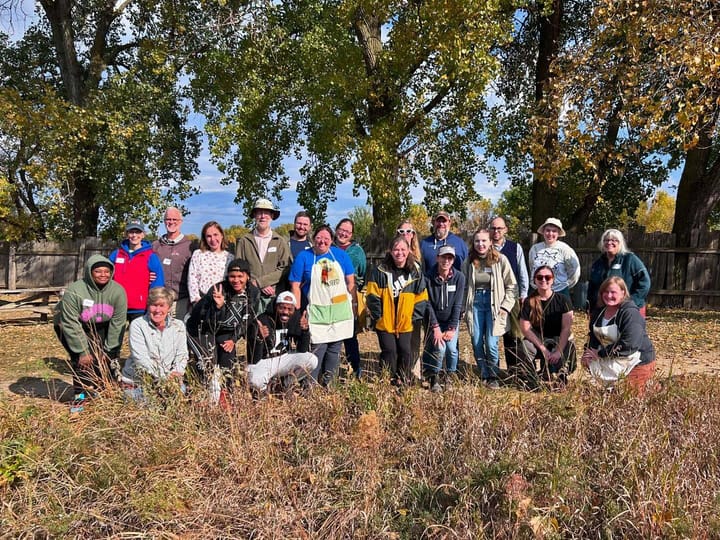
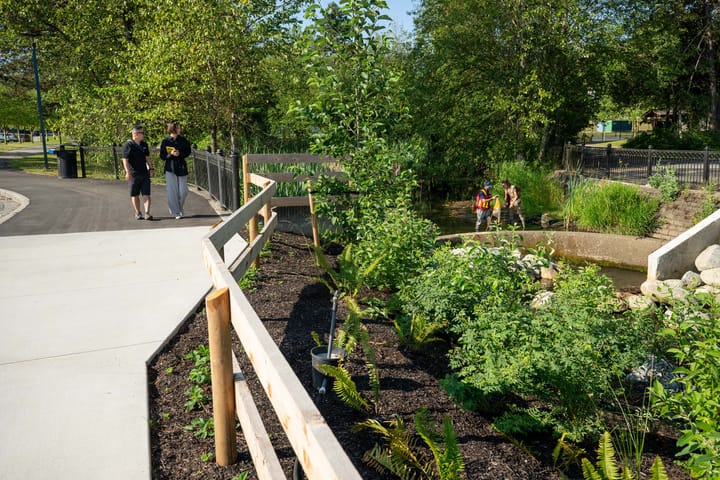
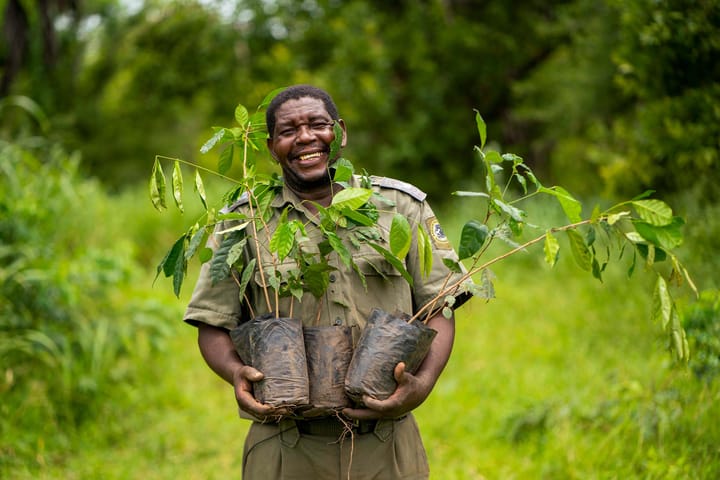
Comments ()